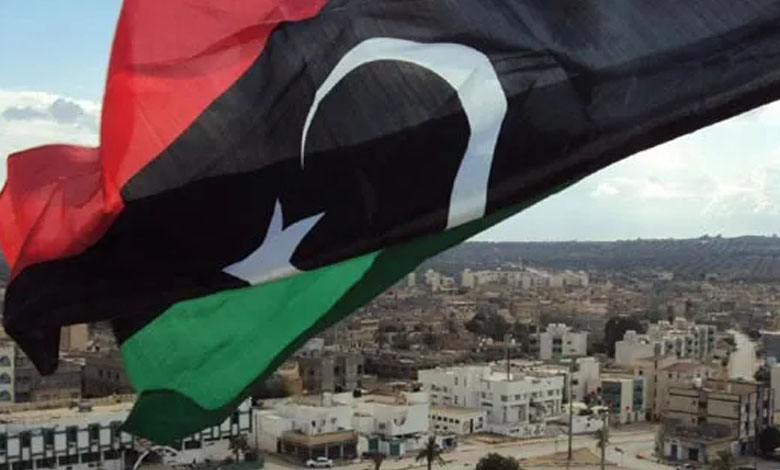Is Libya’s Election Crisis Coming to an End?

Libya’s parliament will work with the State Council to form a government to prepare for elections “as soon as possible,” Libyan House Speaker Aguila Saleh said.
Saleh announced during a parliamentary session yesterday, in the presence of his Egyptian counterpart Hanafi Jebali, that the proposed elections laws, which were issued by the (6+6) Committee, will be presented to the parliament for issuance in a “precise manner and in accordance with the constitutional amendment,” according to the parliament’s website.
Saleh thanked the 6+6 committee “for their work in bringing the points of view closer so that presidential and parliamentary elections can be held.”
He expressed hope that committee members would continue to consult and implement the agreement “in a way that would lead to comprehensive security for Libyans and the unification of state institutions.”
“We are capable of solving our problems to bring Libya out of its crises and reach unity and agreement,” Saleh said during the session.
Abdul Hamid Dbeibeh, head of the national unity government, said Saturday that parliamentary elections should be held at the current stage, which he described as “a step” that will lead to the presidential election.
Dbeibeh’s words came during a speech he gave during the first session of the Libyan Youth Parliament, which was formed by Dbeibeh in the middle of last year. He indicated that “the political impasse we are living today is the result of a lack of awareness of the peaceful rotation of power, and the separation of powers,” adding, “We have decided to establish a Libyan political parliament to be a promising future parliament during the coming elections,” according to the official WAL news agency.
Dbeibeh’s statements came after retired Major General Khalifa Haftar welcomed, in a statement issued by his leadership last Friday, the outputs of the 6+6 Committee, calling it “an important step” and calling on the House of Representatives and the State Council to expedite the formation of a “new, unified government” to end the state of political division.
Coinciding with Haftar’s statement calling for the formation of a new government, Supreme Council of State President Khalid al-Mishri met with leaders of armed factions from the west of the country to present the findings of the 6+6 committee, according to the media office. The office quoted the leaders as welcoming the efforts of al-Mishri “to complete the drafting of electoral laws and hold the election as soon as possible, ensuring the country’s stability and security”, AfriGate reported.
For his part, Head of the State Council Khaled Al-Mishri announced yesterday transferring a copy of the presidential and parliamentary election laws to UN envoy Abdoulaye Bathily.
A statement by the council, published on its official page, said that the laws signed by the 6+6 joint committee during the recent meetings in Morocco are “final and binding.”
Speaking to the Security Council, UN envoy to Libya Abdoulaye Bathily said election laws proposed by a committee of the country’s two legislative bodies this month were “insufficient to resolve the most contentious issues and enable successful elections.”
In a statement to Agence France Presse, Bathily added that the failure to reach an agreement between the rival parties in Libya could “lead to a new crisis.”
The 6+6 Committee met in the Moroccan city of Bouznika from May 22 to June 6 to draft laws for the presidential and parliamentary elections, which could not be held in December 2021, given the existence of two governments in the country.
Late last month, Libyan media reported that the committee agreed to hold parliamentary elections in December and presidential elections in January 2024.
Libya failed to hold general elections in December 2021, as scheduled; This is due to disagreements over electoral laws between Libyan parties.












